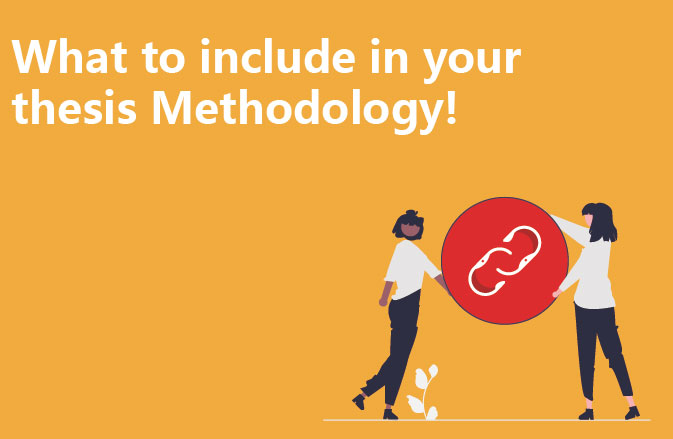V
Objectives of your research
V The overall objective of your research or and the
Express what your main objective is in conducting your research and what results you hope to achieve through your research. The research objectives should be consistent – with your research question and problem statement.
research methodology
The research methodology you used (e.g., qualitative, quantitative, or mixed methods).
Explain your reasons for choosing this method and discuss its relevance to your research aims and questions.
V Research Philosophy
V The underlying philosophy, theoretical framework or conceptual model of your research Explain the theoretical underpinnings and theoretical assumptions behind your research. The research philosophy can be a finding or conceptual model of an existing theoretical study.
V ethical considerations
s The ethical principles and guidelines you follow in your research If human participants are involved, demonstrate that you have obtained approval from an ethical review board and need to explain how you will protect the privacy and rights of participants.
V Limitations
V Limitations and restrictions in your study
This can include sample size, time and resource constraints for data collection, and other factors that may affect the results of the study.
V Frequent data collection
V the methods you used to collect data
Include your sample selection process, data collection tools (e.g., questionnaires, interviews, observation notes, etc.), and how you obtained the data
data (e.g., online surveys, field interviews, etc.).
Data analysis
The methods you used to analyse the data you collected Describe the analytical techniques you will use (e.g. statistical analysis, qualitative analysis, content analysis, etc.) in accordance with your research methodology




